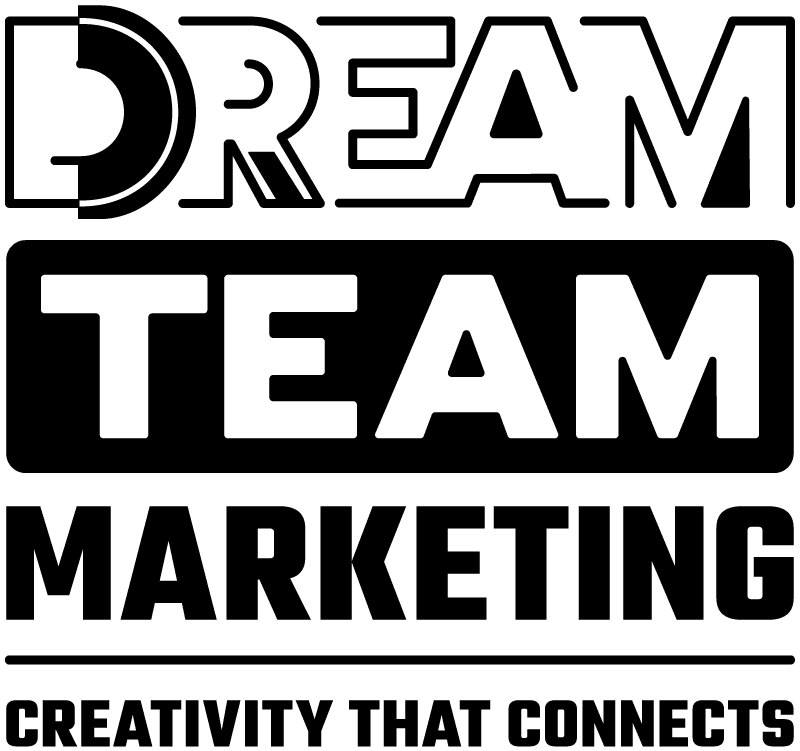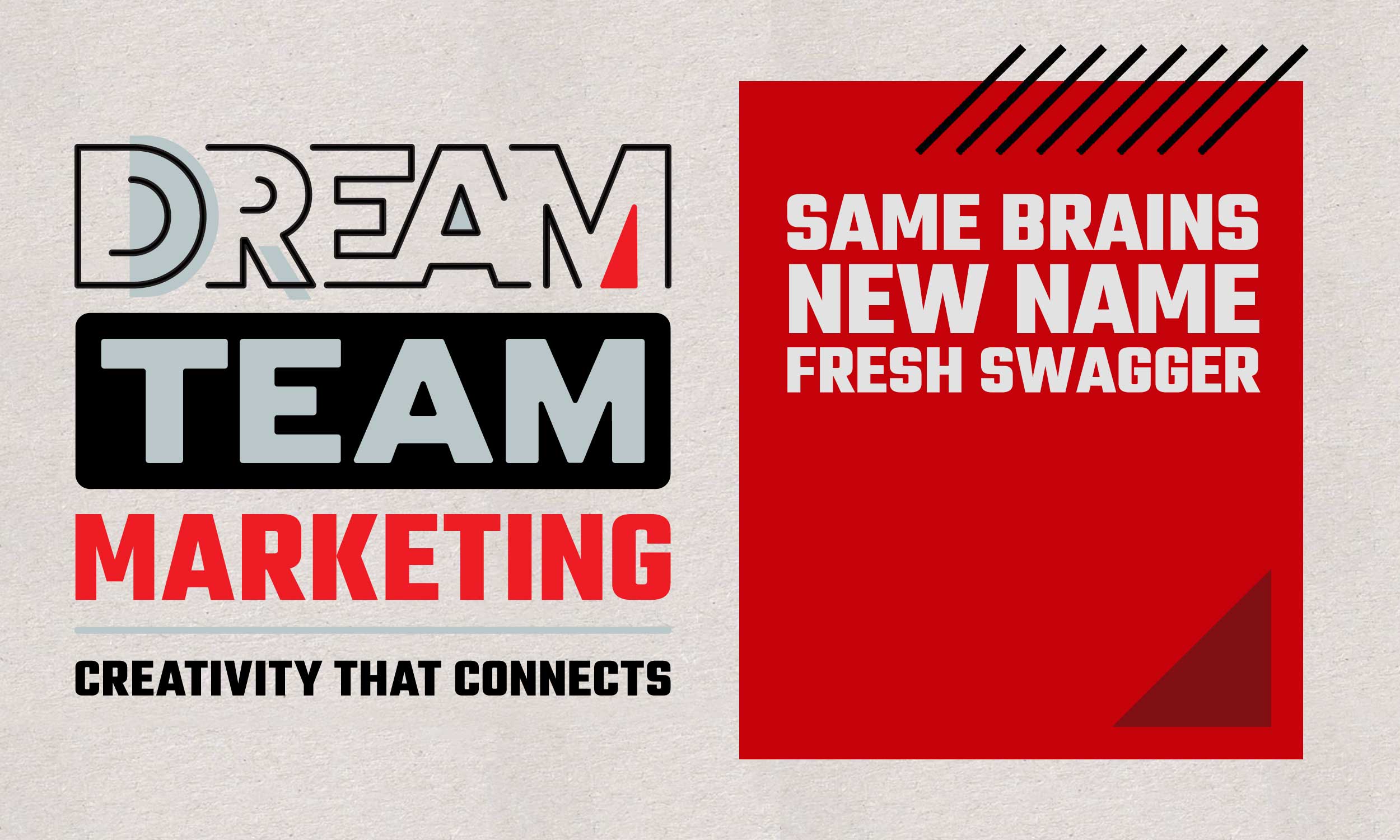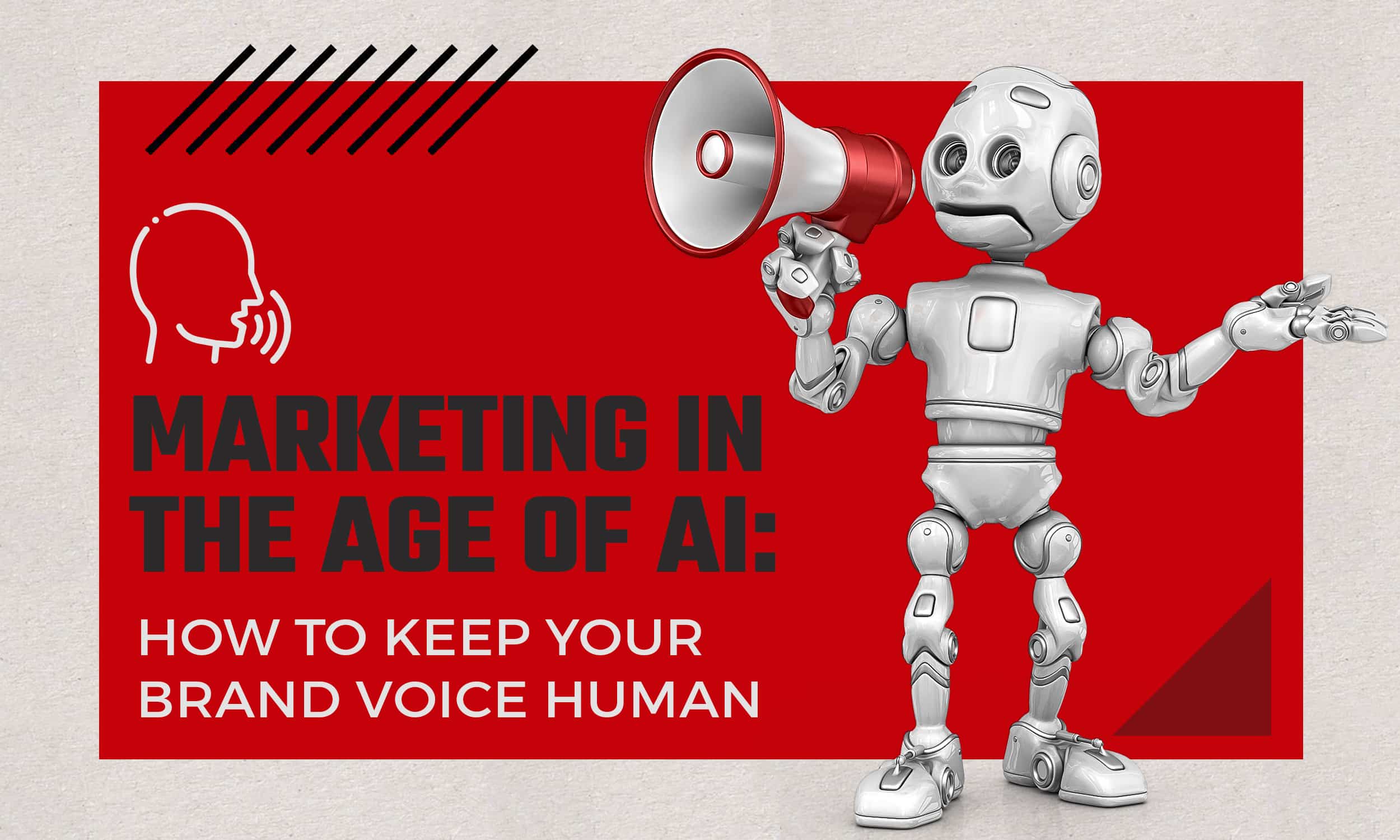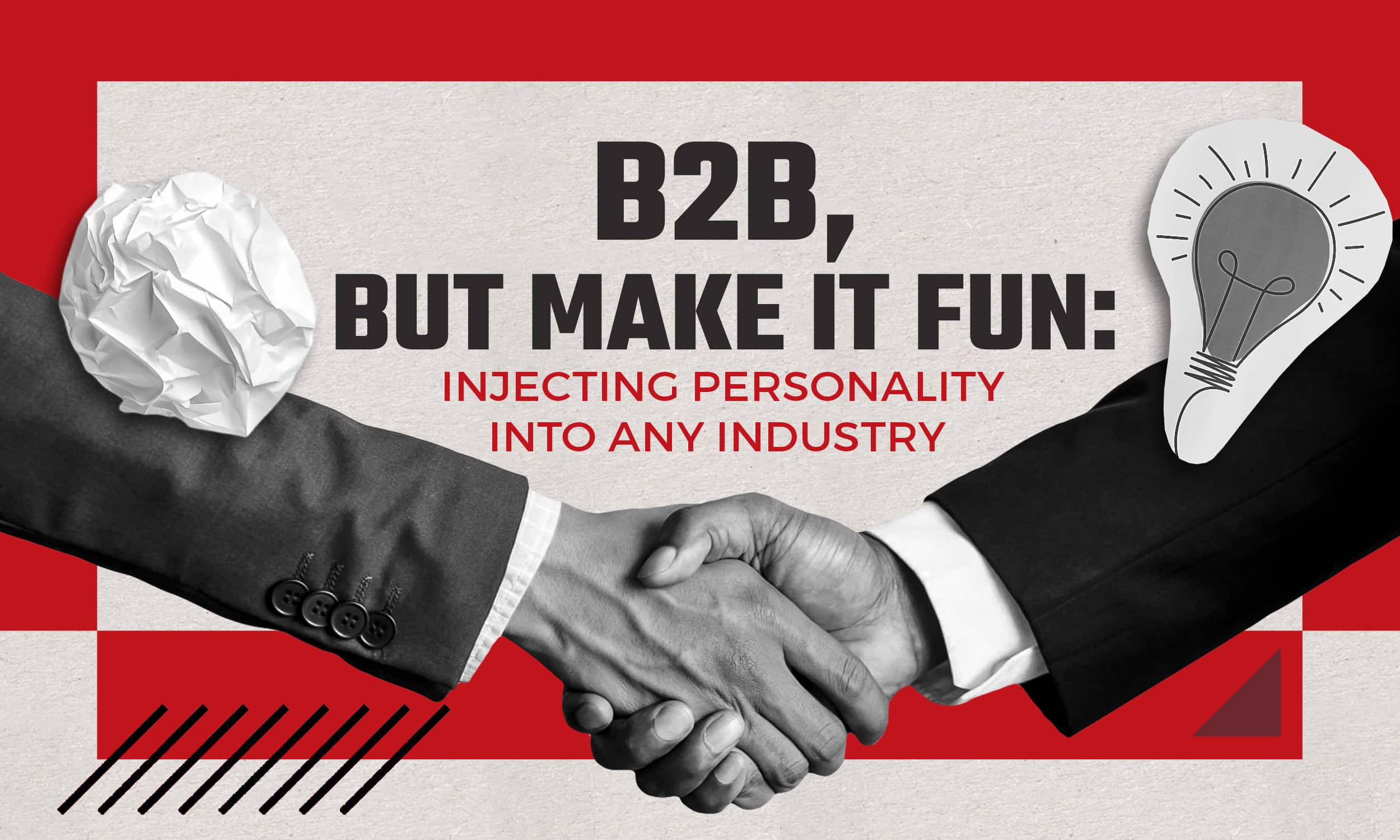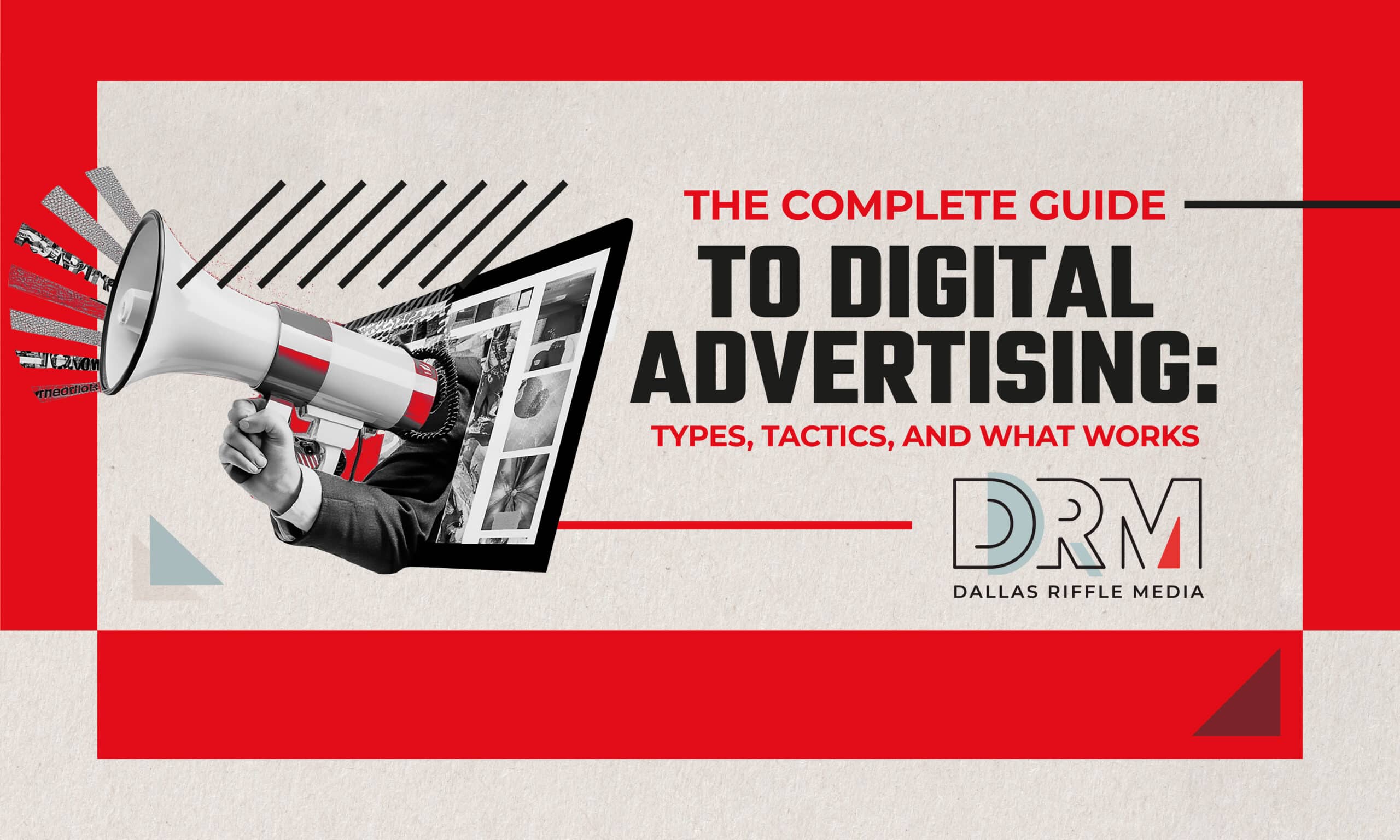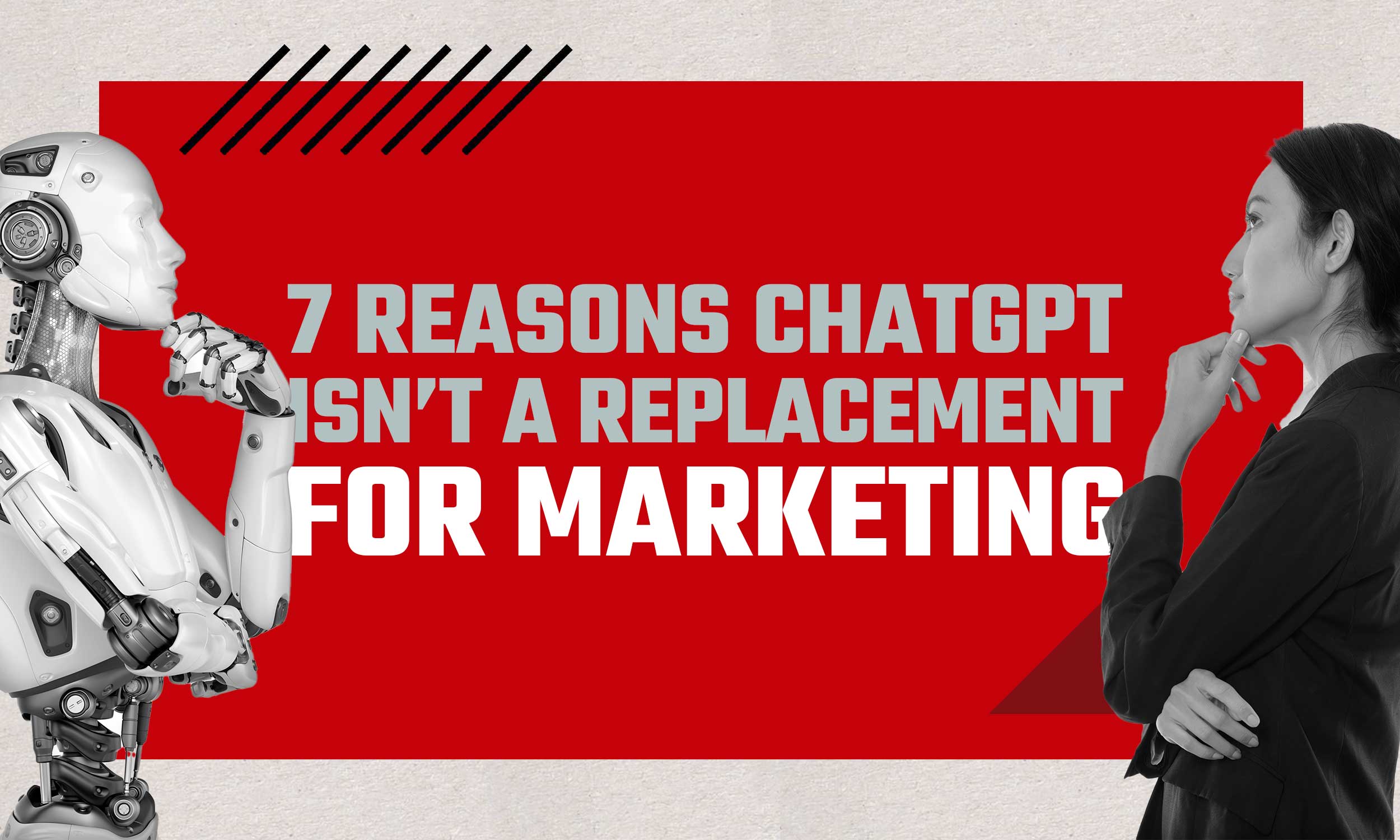
7 Reasons ChatGPT Isn’t a Replacement for Marketing
There’s been a lot of chatter and buzz the last couple of years about Artificial Intelligence (AI), specifically centered around tools like ChatGPT and Google’s Gemini. There’s also been snapback reactions to the implications of AI from “It’s going to take my job” to “this is the greatest thing ever” to “AI is an existential threat to humankind.”
That’s an incredibly wide range of reactions because no one is sure what promise or peril AI will bring; we’re at the dawn of AI tools and everything is still new and unknown.
What is known is that AI tools, specifically ChatGPT, created an initial flurry of hoopla, and now it’s time to look at AI chatbot tools through our marketing lens and illuminate what they can and can’t do.
Let’s start with the bottom line: AI chatbots like ChatGPT and Gemini are simply tools, and tools require trained human beings to use them in order to derive their maximum benefit and the desired outcome they provide.
First, a very non-technical explanation of ChatGPT. It is a natural language processing tool that uses advanced AI technology to allow users to have human-like conversations with the tool, in which it generates a text response after a user enters a prompt. The tool can help with tasks like writing emails, coming up with topics on just about any subject, writing stories, and even software coding.
Again, that’s an overly simplistic explanation of a very complex technology, but the tool’s rush of popularity (100 million users in just five days!) led pundits to predict that it would wipe out marketing jobs because it did such a good job returning decently written, cogent results.
Well, like other bold predictions that came before it, such as the world computer market only being “maybe five computers,” all electronics shutting down at midnight on January 1, 2000, and that brand websites would go away in favor of being on Facebook, the early predictions about AI replacing marketing are most assuredly overblown.
Here are 7 reasons ChatGPT isn’t a replacement for marketing, a marketing team, or a marketing agency.
#1 – AI is a Tool
Tools need trained people to use them. Having a hammer doesn’t make you a carpenter. Ordering food doesn’t make you a chef. Buying a performance vehicle doesn’t make you a race car driver. It takes time, training, and experience to learn how to use tools and gain the maximum benefit from them. ChatGPT is no different.
For example, ChatGPT can be used to generate topics for blog posts, but you still must understand your audience to know what types of content they would find informative. Knowing how to create effective prompts (how you ask the chatbot questions) can impact your results. If your audience is well-educated, you can word your prompt for detailed, technical answers. If they value basic information delivered in a straight-forward way, you can word your prompt that way.
Remember, a tool is passive – it can’t do anything until you use it – and it’s up to a trained marketer to use ChatGPT to deliver marketing-friendly results.
#2 – AI isn’t Creative
Marketing is all about creatively connecting with your audience to engage them and inspire action. AI lacks creativity, a trait only human beings possess.
ChatGPT can’t replace human creativity. When ChatGPT “writes” something, it typically sounds good, well-constructed, and is grammatically correct. But AI-generated content is commonly flowery and creates no meaningful connection, impact, or persuasion. In fact, it’s often “empty” and devoid of substance. Only humans can create engaging content that emotionally connect with an audience.
#3 – AI is a Shortcut
This is related to #1, that AI is a tool, but it is also a shortcut for marketers, and as everyone knows, shortcuts are temporary.
Imagine you are building a prefabricated shed in your backyard. Instead of creating a concrete foundation on which to place the shed, you decide to take a shortcut and use sand. Both sand and concrete create a level spot in your yard, but as heavy rains and seasonal temperature changes happen, the sand is washed away and shifts, and your shed is now leaning to one side. Your shortcut failed as the world caught up to it.
If AI is used to create your marketing content, it’ll sound good, but offer no real insights, information, perspective, or engagement – all the things marketing content is supposed to provide!
#4 – AI and SEO
Good search engine rankings are the holy grain for modern marketers, and years ago, a shortcut many took was keyword-stuffing their blogs, web pages, and content. Search engines caught on and figured out how to filter out the bad content from the good.
ChatGPT will almost certainly be used by many to create lots of blogs which are posted without any human intervention, just to create a sheer volume of content. How will the search engines handle this immense influx of generic content?
Google has stated that its ranking system will reward “original, high-quality content that demonstrates E-E-A-T: expertise, experience, authoritativeness, and trustworthiness.” So, how does ChatGPT-generated content fit into that definition? Google goes on to say that its focus is on “the quality of content, rather than how content is produced.”
The key: search engines will not punish ChatGPT-generated content if it is high-quality, relevant, and helpful. That means it requires an experienced marketer to add additional dimension, context, expertise, and emotion to the content.
#5 – AI and Source Citations
ChatGPT is VERY limited when it comes to providing sources, and as mentioned in #4, search engines reward content that is authoritative and trustworthy, and citing sources adds to trust. According to Microsoft, a large investor in ChatGPT’s parent company, “If you ask ChatGPT to cite its sources and verify the claims in the content it has produced, you’ll need to double check any sources claimed by the AI. If you prompt ChatGPT to add sources without telling it what information to cite, it may create plausible-looking citations for sources that don’t exist.”
Ouch.
Citing original sources for content is important and ChatGPT simply cannot do it reliably.
#6 – AI and Current Information
According to OpenAI, its parent company, “ChatGPT is not connected to the internet, and it has limited knowledge of world and events after 2021.” That’s because its knowledge base is limited to data it ingested by the end of its training period: September 2021.
OpenAI has provided plugins for ChatGPT, allowing it to connect to third-party knowledge bases, but it still has limited access to current data.
#7 – AI and Confidentiality
Since ChatGPT uses a “closed” knowledge base, everything you ask it via a prompt is fed back into it.
Its terms of use give OpenAI the right to use content that is input “to develop and improve the services.”
That means that if you provide confidential information, it may be retained and accessed by OpenAI staff or subcontractors and could lead to disclosure of your confidential information. This could lead to contract breaches and security issues.
Marketers are often aware of confidential information such as mergers, acquisitions, new product innovations, etc., so it’s best to trust this knowledge with humans as opposed to ChatGPT.
Again, the bottom line on ChatGPT is that it is a powerful too, but it is still a tool – ChatGPT for marketing purposes is best used by marketing professionals.
One more thing we’d like to mention is that tools help the people using them more so than the end-user. Does it really matter if the piece of furniture you’re buying was sanded by hand or with a power tool? Not really, because you’re interested in the final product and not necessarily how it was created, but it absolutely matters to the furniture maker – the user of the tools!
If you need marketing content to connect with and engage with your audience, the DRM creative collaborators can utilize our AI (Actual Intelligence) as well as Artificial Intelligence tools to help you create a content strategy that ties your entire marketing strategy together.
DRM is a full-service marketing agency that uses creativity to connect your brand to your audience and help your business grow. We were founded to do what we are passionate about: Putting creativity to work and connecting brands to their audience, connecting audiences to your company goals, and connecting your business to the success it deserves.

